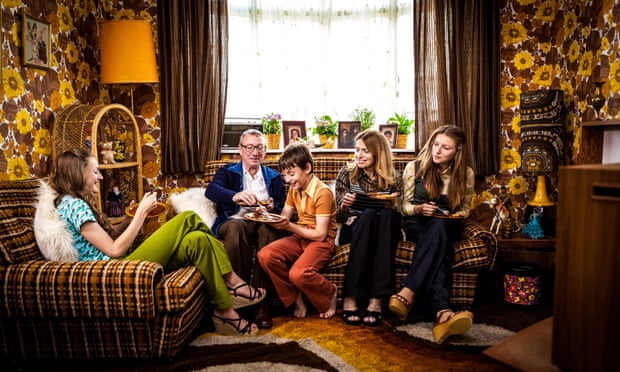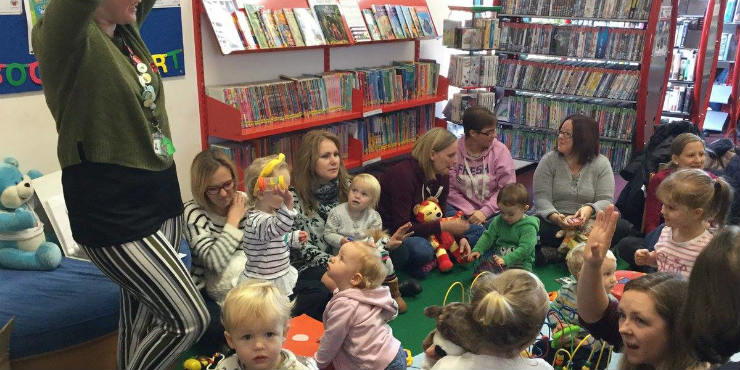This question comes up so often I thought it might be helpful to post this chapter from ‘A Home Education Notebook to encourage and inspire’ in answer.
As you probably know I did start my career in education in the classroom, but the trouble with folks knowing I was once a teacher is that, firstly, it makes them inclined to think that it was easy for me because I’d know what I should be doing. Laughable! And secondly, it makes people think that teaching is required for you to Home Educate and that if you’re not teachers you couldn’t educate anyone.
Absolutely not true!
During my time as a teacher I learnt how to do teacherish things by copying other teachers doing teacherish things, which were not always very nurturing or inspiring things, but what they had to do in order to get through what they had to teach and keep control over some children who were challenging. I’m not proud to admit that I wielded my power over the children too, pushed them towards expected outcomes en masse as I was expected to do. I had no regard for whether it was right or not, or for the individuals within that mass.
I’m ashamed of that now – but like many young green teachers I wasn’t experienced enough to know how else to do it.
Gradually, as I gained in confidence as a person rather than a pawn in an institution, I began to have severe misgivings about what was done to children in schools under the guise of educating them. I realised that much of what children have to do in schools is not worthwhile, not helpful, not healthy even, so it perhaps contributed to my confidence when home schooling, in feeling that our children were better off out of school than in it.
Other than that, much of what I learned when I was teaching I had to unlearn when I started to Home Educate.
Much of my thinking was governed by other teachers at that time. Teachers who believed that children had to be taught in order to learn anything – not true. Teachers who believed that unpleasant forms of coercion (like sarcasm for example) were acceptable ways to get children to learn – they’re not. Teachers who believed that some children were ‘no-hopers’ and un-teachable – very sad. Teachers who had been forced to believe that endless writing, testing, homework, academic exercises and exams were what constituted an education. It isn’t.
There were brilliant teachers too – you will have come across them. But sadly it’s often the less pleasant ones that have the biggest effect. And it was that type of ingrained thinking I had to unlearn, as none of it need apply to Home Education. It is very hard to break bad habits, but I had some serious habits to unlearn.
For to Home Educate successfully I did not need a ‘teacherish’ relationship with my children.
In order to learn children just need a caring, interested, mature mentor. But that person doesn’t have to be a teacher. Teachers aren’t required for parents to successfully Home Educate.
Having been a teacher did not make it any easier for me to know what I should be doing as a Home Educator, except that perhaps I’d already started to think about education generally. But once released from systemised schooling the education you can give your children is open to an enormous range of options. And many of those decisions are as much to do with parenting as teaching and I came from the same starting point as any other parent on that one – I knew zilch!
The things I saw when I was teaching in schools made me start to question. And I continued to question throughout. Should we learn this or shall we learn that? What’s an interesting way to learn it? How best can my children learn? What are their needs now and what suits them best?
These are the questions all Home Educators need to ask whether they are teachers or not. And the answers really have no relevance to what teachers are doing in schools unless you want them to. They have no relevance to whether you are a teacher or not. The answers will not come any easier if you’re a ‘trained’ teacher because all the answers are personal to your child. Just like education should be.
So not being a teacher doesn’t make you less well equipped to Home Educate than being one.
The thing that makes you well equipped to educate your children is to do with caring rather than to do with teaching. It is being a parent who’s prepared to learn a little too.
If we think back to when our children are small, pre-school, we manage to teach them – or rather to develop in them – an enormous number of skills. They learn with our help to walk, talk, use the loo, feed themselves, dress themselves, probably use the computer too…all manner of things. We show them the things around them, we show them how to do things, and we show them the wider world. We are already giving them information and showing them how to apply it.
Home Educating your child is nothing more than an extension of that.
As a parent you have already started encouraging your child to develop skills and acquire knowledge. That’s all education is. Education is the continuing process of encouraging your child to learn about the world, how they fit into it, how to relate to people, as you no doubt already have done.
There is no reason why you cannot go on doing that without any ‘teaching training’ at all. The skills and knowledge children need may become a little more challenging, sophisticated, complicated, but then, parenting is already challenging and you managed it so far. You can manage Home Educating. You can always find help with the bits you can’t. You can learn together – it sets a great example. Nearly everything – including support, is only a bit of research or networking away.
Teachers and teaching in the way that we normally understand them are not necessary to Home Educate. In fact may eventually become redundant in the mainstream, who knows!
All you need to be is a caring, interested, questioning, engaged parent, who is also willing to learn, which is probably what you already are, or you wouldn’t be reading this.
And what a great example you will be setting as such!
(Read the full chapter – and more tips and ideas – in the book. It’s on offer at Eyrie Press.)






 It’s hard to describe what it means to me when people let me know how inspired they’ve been by my book ‘
It’s hard to describe what it means to me when people let me know how inspired they’ve been by my book ‘

